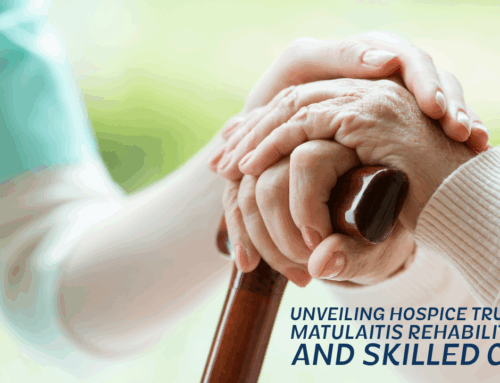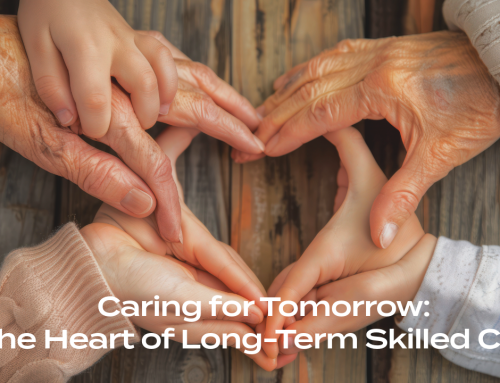Hospice care is one of those things that most people don’t want to think about because it means the end of someone’s life is near. However, it’s important to be well aware of what it is and how it works. That way you can be prepared ahead of time when a loved one or even yourself is in need of such services. Let’s start from the top. Hospice care is a special kind of care that focuses on the quality of life for patients and their caregivers who are experiencing an advanced, life-limiting illness.
Hospice care provides compassionate care for people in the last phases of incurable diseases so that they may live as fully and comfortably as humanly possible. The philosophy of hospice care is built on the foundation that death is accepted as the final stage of life. In essence, it affirms life, but does not attempt to postpone death. Hospice care treats the patient and symptoms of the disease, rather than treating the disease itself. A team of professionals work together to manage symptoms so that the patient’s last days may be spent with dignity and quality, surrounded by their loved ones.
Hospice care is also a family-centered situation because it includes the patient and the family in the decision-making process. Many people are curious as to when the hospice care phase should begin. It should start when a disease, such as advanced heart failure, gets to the point when treatment can no longer cure or control it. In general, hospice care should be used when a patient is expected to live approximately 6 months or less if the illness runs its usual course. People with advanced heart failure should have a discussion with their family members and doctor to decide when hospice care should begin.
However, hospice care is often not started soon enough. For example, the doctor, patient, or family members will resist hospice because they think it means giving up or that there’s no hope. However, it’s important to know that the patient can leave hospice and go into active treatment at any time. Yet, the hope that hospice brings to the patient and his or her family is a quality of life. Making the best of each day during the last stages of advanced illness is important. Some doctors don’t bring up hospice, so the patient or family member might decide to start the conversation.
If your treatment isn’t working anymore and you’ve run out of treatment options, you might want to ask your doctor or a member of your health care team about hospice. Please contact us today for more information about our hospice care facility and program.
Matulaitis Rehabilitation and Skilled Care is the leading non-profit skilled nursing facility in Northeast Connecticut. We are proud to receive top national rankings and the highest five-star rating from Medicare’s Nursing Home Compare. Our dedicated staff combines renowned care and exceptional nursing skills with a holistic approach. We fully realize that the restoration of your health and well-being after an illness, operation, or injury can be incredibly difficult.
Our long term care features attention to the whole person, assuring individualized care for fullness of living, spiritual welfare, and providing a sense of community with enriching programming. We invite you to learn more about our special smoke-free facility as you consider your own or a loved one’s needs.






